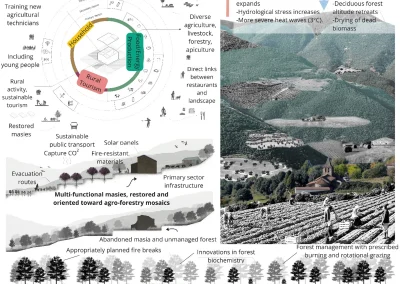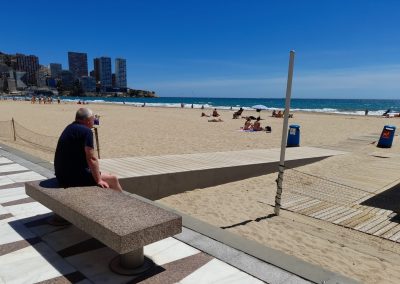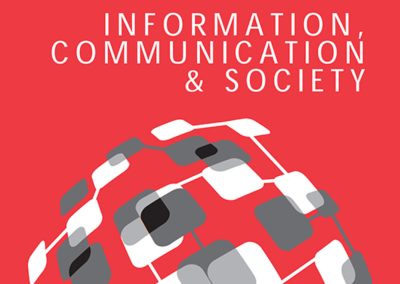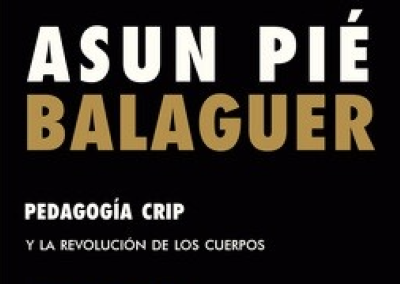
Internet Interdisciplinary Institute (UOC), Estudios de Psicología y Ciencias de la Educación (UOC)
Internet Interdisciplinary Institute (IN3)
Universitat Oberta de Catalunya
Rambla de Poblenou 156
08018 Barcelona
+34 60 89 60 207
bmaestres@uoc.edu
More about Brígida Maestres:
Brígida Maestres
Assistant Professor · Part-time researcher · UOC
PhD in Social Psychology, Department of Social Psychology, Faculty of Psychology, Universitat Autònoma de Barcelona
Research credits in the official Master of Research and the doctorate studies in Social Psychology. Major thesis: “Las Festividades Caraqueñas, crónica de una política en exclusión” (Hons. with distinction), supervisor: Félix Vázquez Sixto, Department of Social Psychology, UAB. [2000 – 2003].
BA in Sociology, Faculty of Social and Economic Sciences, Universidad Central de Venezuela (UCV), [1988-1996].
I’m really excited to join this group, CareNet, with a completely new path of research in which low vision and aural disabilities could be relocated and legitimated as “equivalent experiences” in building reality. In this sense, the aim is to introduce the new term, “dens epistemology” as the way in which cognition takes place in a low vision person and how it can be thought academic and politically. For instance, vanishing the barriers between ability and disability. In so doing, the project recognizes qualitative autobiographical approaches on the basis of this “capturing of experience”. Nevertheless, the project steps ahead in emphasizing “essaying/rehearsing the self as the acute method for both: “sketching self-experience” and “drawing social context, implicated in the question of how could we reflect critically on cognition, experience and making sense of a low vision person. On the other side, this project discusses with patronizing and/or positivistic approaches conceiving low vision as “an individual condition” and/or as a residual of a 20/20 view. Instead of the latter, this project suggests that low vision is rather a matter of cognition of reality not yet studied as a source of knowledge perhaps implicated in a new policy of care.
As a sociologist, starting this new path absolutely based on individual experiences and embodied knowledge, means one more sept in the long seeking for answers on the basic question social sciences: how do power and cognition engage in the judgment of the self and the others in social life?
Guided by this, my interests in research realms and approaches have been changing in a wide range as follows:
- Epistemologies, Ontologies and politics of the senses.
- Transitional justice and the Spanish political system
- General Theory of Social Systems and qualitative methods, biographical discursive and embodied approaches.
- Law and Political Philosophy
- Gender approaches, feminism and LBGT
- Criminal and Prison Systems
- Disease and Health Care Systems
- Latin American Political Systems and corruption
- Embodied epistemologies
- Biopolitics and vulnerability
- Justice and victimization
PROJECTS
SELECTED PUBLICATIONS

Uplifting local ecological knowledge as part of adaptation pathways to wildfire risk reduction: A case study in Montseny, Catalonia (Spain)

El paisatge forestal en transformació de Serra de Tramuntana (Mallorca): regeneració versus deterioració
RELATED NEWS
CONTACT
Internet Interdisciplinary Institute IN3 UOC




